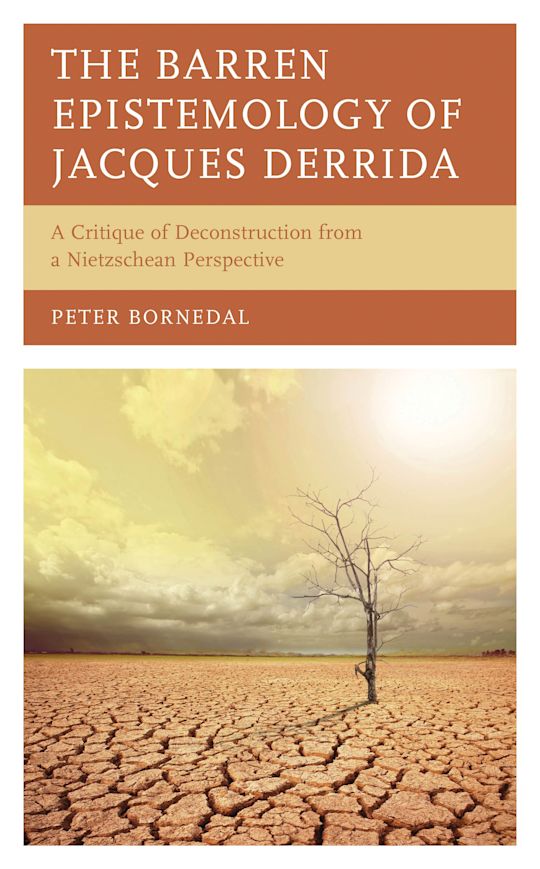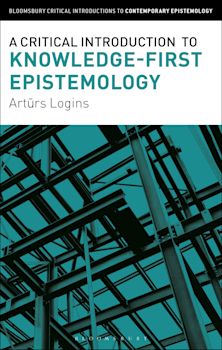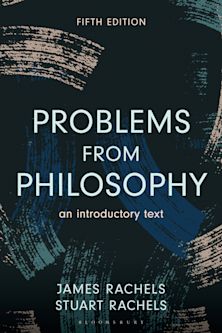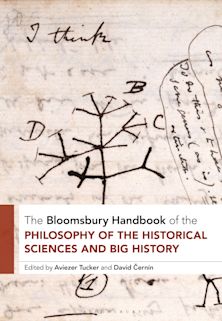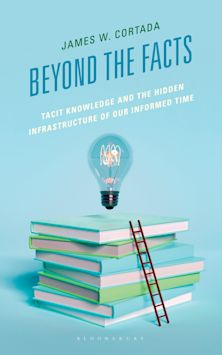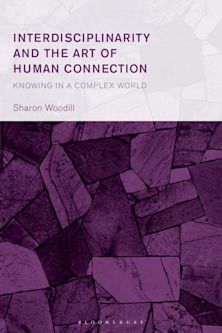The Barren Epistemology of Jacques Derrida
A Critique of Deconstruction from a Nietzschean Perspective
The Barren Epistemology of Jacques Derrida
A Critique of Deconstruction from a Nietzschean Perspective
This product is usually dispatched within 1 week
- Delivery and returns info
-
Free US delivery on orders $35 or over
Description
This book presents a critique of Derrida from a Nietzschean perspective. Questioning the often-advertised association between Nietzsche and Derrida, it focuses instead on important differences and incompatibilities between Nietzsche’s naturalistic paradigm and Derrida’s textual paradigm. Peter Bornedal argues that Nietzsche’s position points us toward a pragmatic and constructionist epistemology based on a naturalist world-view, which was cutting-edge in his days, while Derrida’s epistemology reduces theories of knowledge to a general textualism. In short, Nietzsche is not the predecessor of deconstruction—or, generally, postmodernism—that he is often portrayed to be. His thinking does not advocate postmodernism’s suspension of truth, reason, logic, and understanding, but rather replicates the paradigms of emerging disciplines of his day, such as biology, psychology, cognitive science, and linguistics. His thinking is not playfulness for its own sake and does not defend formal transcendentalist principles such as ‘différance.’ The Barren Epistemology of Jacques Derrida: A Critique of Deconstruction from a Nietzschean Perspective argues instead that Derrida’s introduction of the supposedly novel différance-logic may be analyzed as a transcendentalist validation of logical errors often addressed in earlier Western thinking in order to be avoided, such as the contradiction in Aristotle, or the paralogism in Kant. With this critical view, the work re-examines différance-thinking and questions whether inconsistencies are manufactured rather than discovered in deconstructionist interpretation.
Table of Contents
Chapter 1: Paralogism of Writing: Introducing a Difference between writing and Writing
Chapter 2: The Anti-Logic of Différance: Self-Contradiction Raised to Transcendental Law
Chapter 3: Signifier, Signified, and the Continuum: A Nietzsche-Saussurean Epistemology
Chapter 4: Intentions of Speaker and Speech: Defending Speech-Acts and Ordinary Language
Chapter 5: The ‘Gay Science’ of Derrida: Nietzsche’s Thinking as Playful Différance-Logic
Chapter 6: Nietzsche versus Derrida: On Truth, Presence, Metaphysics, Woman, and Nihilism
Conclusion
Product details
| Published | Jan 15 2024 |
|---|---|
| Format | Hardback |
| Edition | 1st |
| Extent | 208 |
| ISBN | 9781666927177 |
| Imprint | Lexington Books |
| Illustrations | 2 BW Illustrations, 13 Tables |
| Dimensions | 9 x 6 inches |
| Publisher | Bloomsbury Publishing |
Reviews

ONLINE RESOURCES
Bloomsbury Collections
This book is available on Bloomsbury Collections where your library has access.









